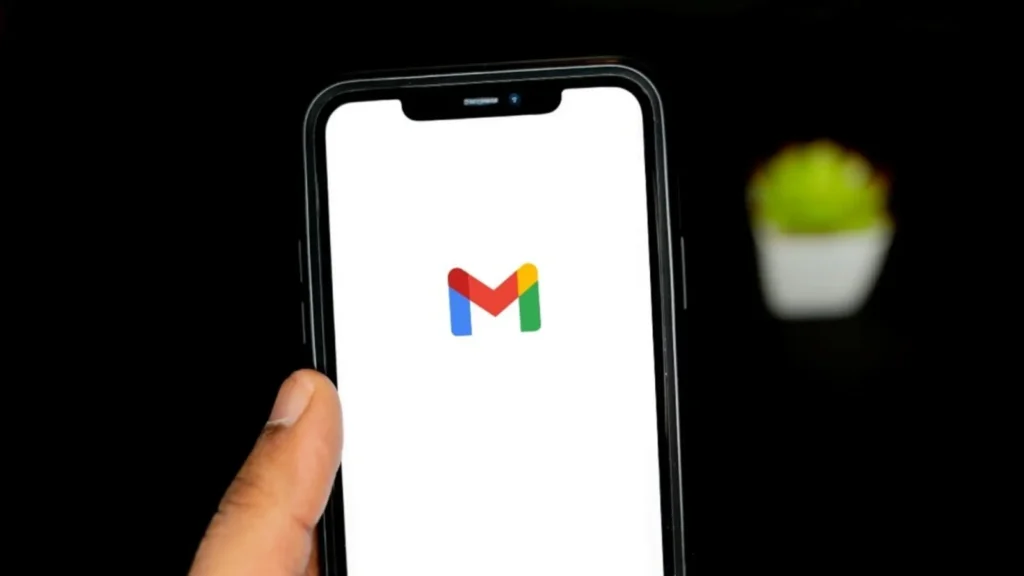
AI has its use cases, sure. While most large corporations have developed AI models for the betterment of humanity, there are always those who use it for all the wrong reasons. One such instance is using AI for “spoofing” to take control of digital accounts, including Gmail, the world’s most popular email service provider.
With over 2.5 billion accounts, Gmail is an easy target for cybercriminals, who are now using a new trick called a “super realistic AI scam call,” which can fool even tech-savvy users.

The creator of CloudJoy and an authority on security solutions, Sam Mitrovic, just wrote a thorough blog post about how he was recently tricked. An email that looked like an approval notification for the recovery of his Gmail account was sent to him. A phone call with the caller ID “Google Sydney” appeared after the denial.
A week later, he got a call and another Gmail recovery message. The call originated from a real phone number that was listed on Google’s help page, just like the first time. The caller said that the personal information associated with his account had been downloaded and that he had been signed in from abroad for more than a week.
Following this, he received an email at his request informing him of the same problem in text format. Almost anyone may be tricked by the email’s Google domain. Mitrovic began investigating after he got the call because he thought it was a hoax. He verified that it was, in fact, a spoofing attempt to take over his Gmail account with the aid of online forums such as Reddit.
Most users will be fooled into thinking the communication is from Google if they see a phone number that is exactly the same as Google Workspace support, an email with a Google domain that has been spoofing done with a Salesforce CRM (which allows users to use any domain name when needed), and an AI voice bot that sounds authentic. Many people would be happy to give crooks their Gmail login information.
These scams, such as the well-known Jamtara cyber scams in India, required real human resources to make the voice call until a few years ago. But it has gotten much easier with the introduction of AI speech models that sound authentic. Now, thousands of these attempts may be made at once by a troublemaker with ease.
This case demonstrates how hackers deceive legitimate people by using a variety of tactics, such as phony phone numbers, emails, and AI bots. There is currently no infallible method to stop this from occurring. Nonetheless, you may protect your Gmail account by being watchful. Our Gmail account serves as both our personal and professional digital identities in the modern day.
